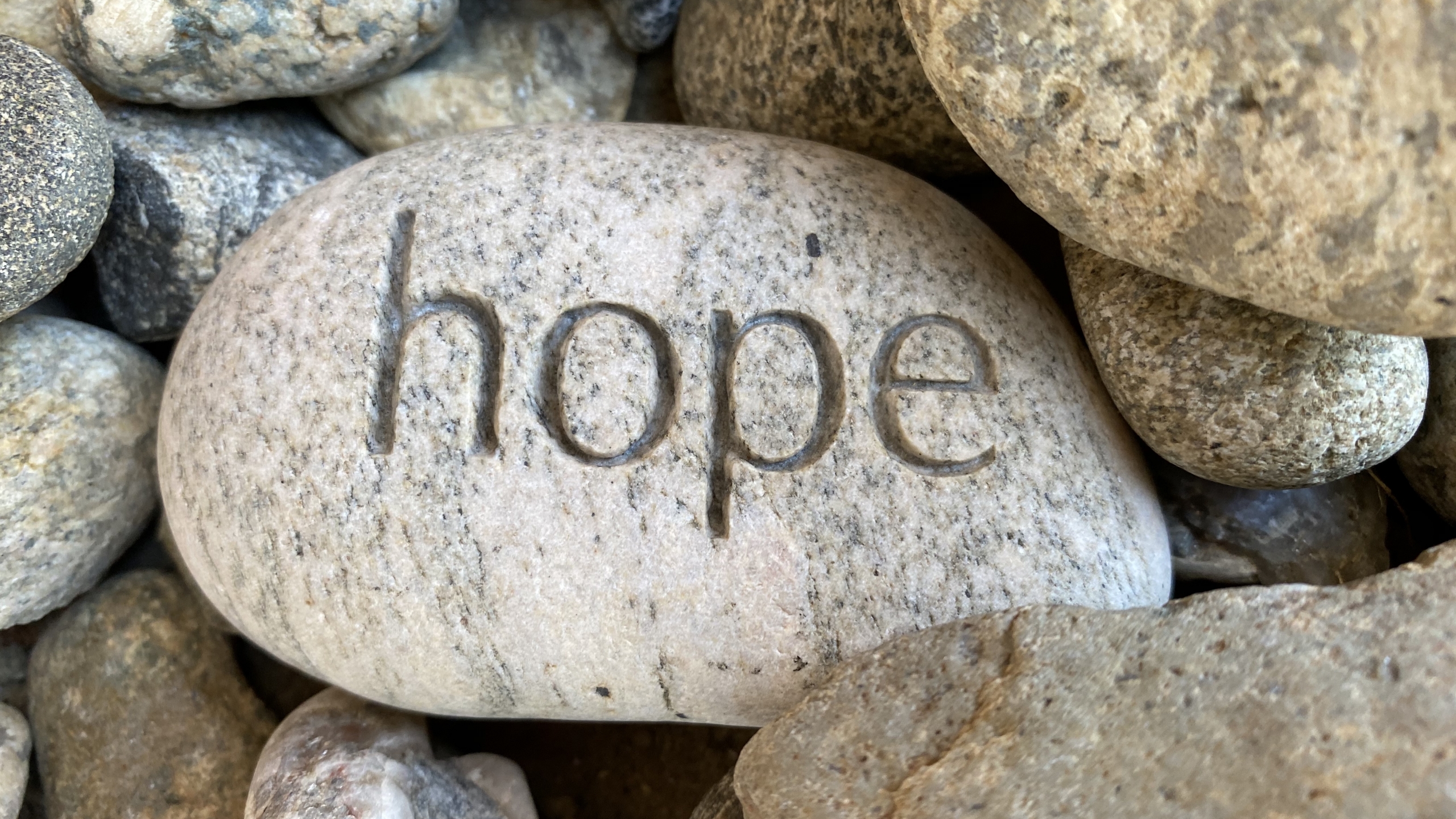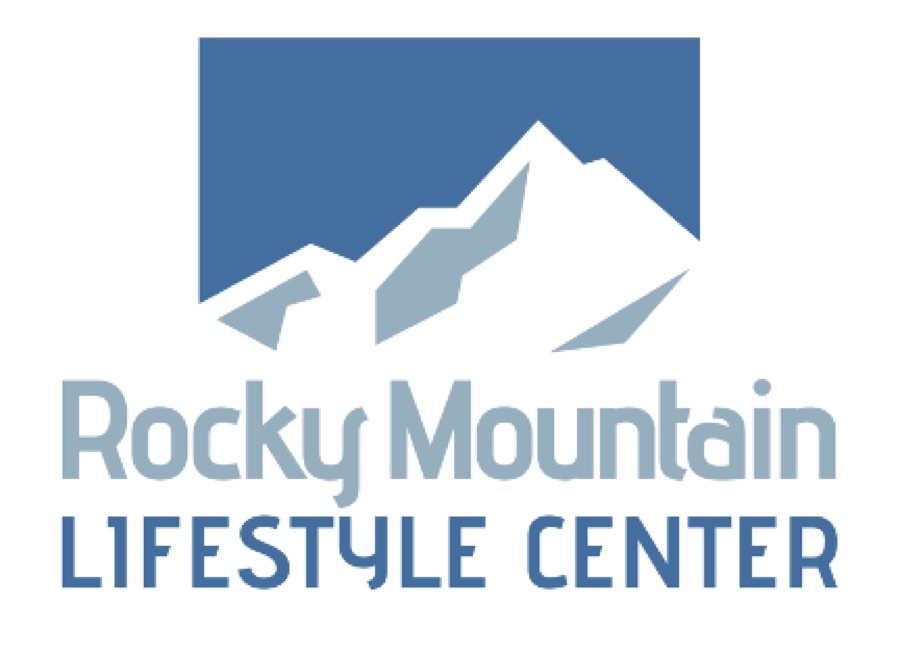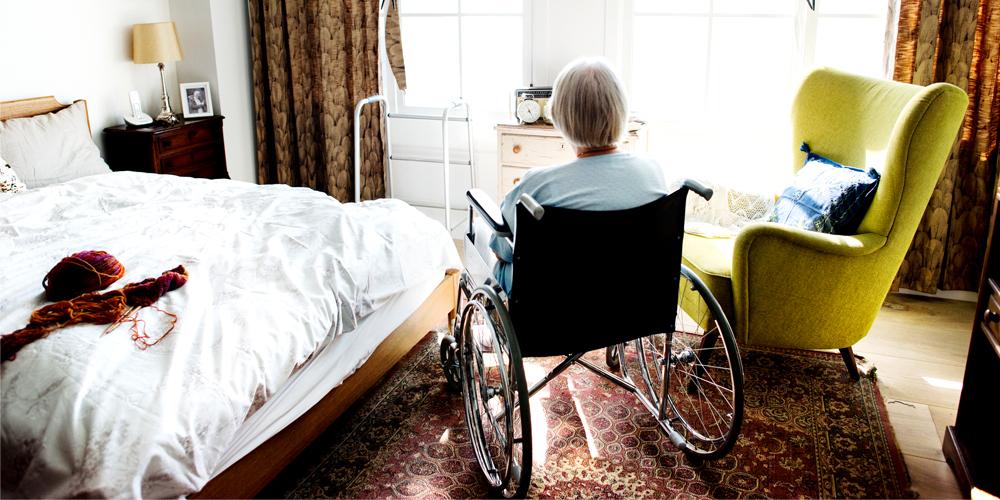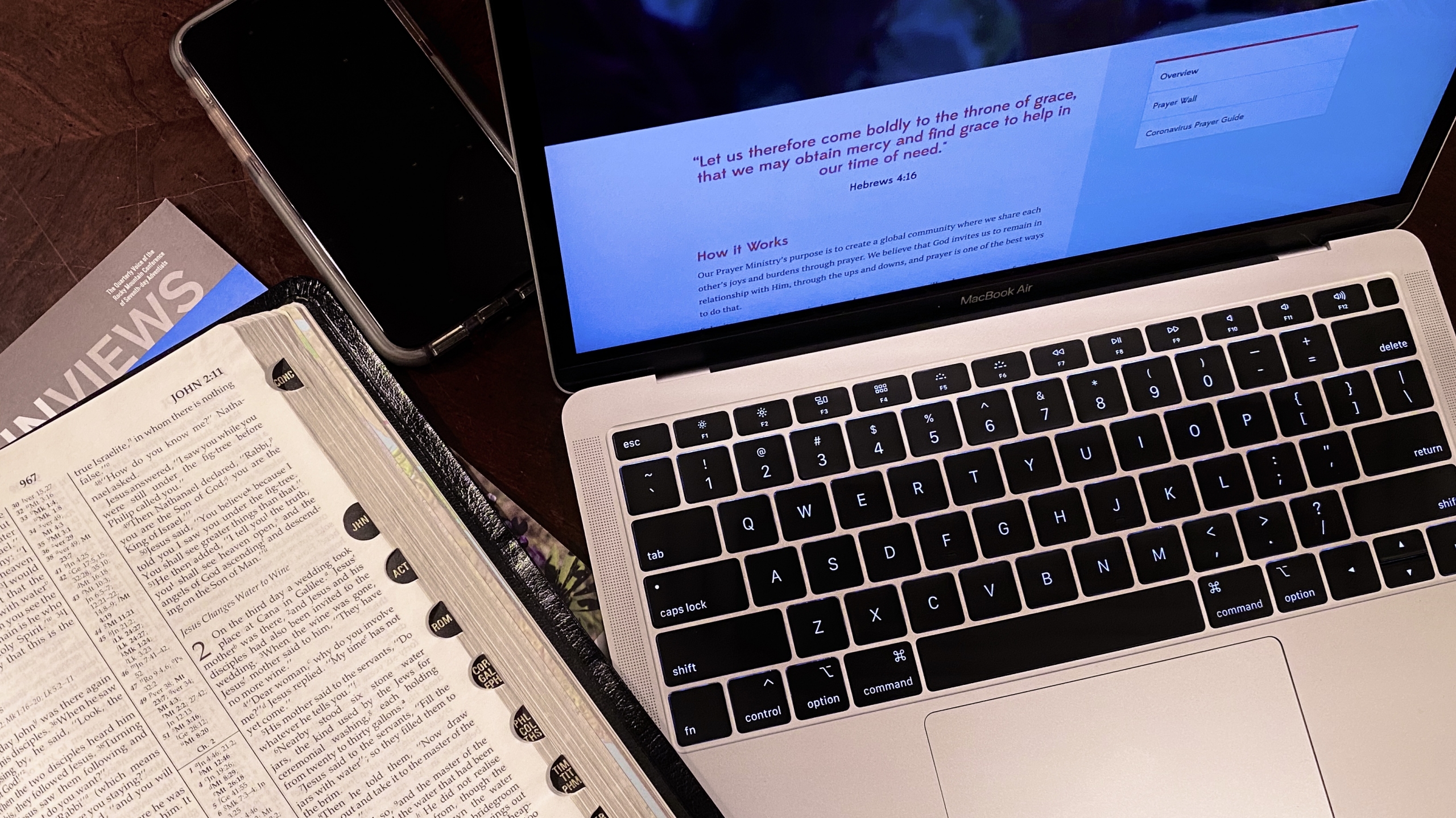It’s difficult to overstate how important nutrition is in promoting a healthy immune system. You need a diverse group of phytochemicals (the bioactive chemical compounds in plants) to create a strong barrier against pathogens that would otherwise make you ill.
Because immunity typically declines as you age, it becomes especially important to eat more immune-supporting foods as you get older. Plus, there is considerable evidence that the immune systems of people who eat healthful diets abundant with fruits and vegetables do not decline nearly as rapidly with age.
Many studies have shown that nutrient deficiencies cause impaired immune function in the elderly. Even in people as young as 35 years old, poor nutrition wreaks havoc on the immune response.
But there’s good news, too! When elderly people eat at least five servings per day of fruits and vegetables, they have improved antibody response to stress.
Making healthy food choices is like recruiting a microscopic army of nutrients which are all trained to help your body fight off germs.
So, what foods should you be eating to get the nutrients you need and stay healthy?
G-BOMBS to the Rescue
Some of the healthiest foods for you and your immune health are what’s called G-BOMBS, a fun acronym developed by Food Revolution Summit speaker, Joel Fuhrman, MD. It stands for Greens, Beans, Onions, Mushrooms, Berries, and Seeds. G-BOMBS are full of critical nutrients to help your body fight off illness.
Greens
Greens, such as spinach, kale, mustard greens, collard greens, broccoli, bok choy, and Brussels sprouts, are packed with the phytonutrients your immune system needs for optimal function. Green vegetables are rich in folate, calcium, and antioxidants like lutein and zeaxanthin. Folate is especially important for producing antibodies that work to destroy antigens that can make you sick. You can blend green veggies into smoothies, saute them, use them as a base for colorful salads, chop and mix them into pasta dishes, or roast them.
Beans
Beans, peas, and lentils are full of fiber and resistant starch (carbohydrates not broken down through digestion). The compounds in beans and other legumes can help enhance your gut microbiome, which is important because much of your immunity begins with the health of your digestive system. You can add beans, peas, and lentils to just about any dish, like spaghetti, on top of salads or pizzas, or in stews and soups.
Onions
Onions, which are part of the Allium family of vegetables along with shallots, scallions, leeks, garlic, and chives, are full of organosulfur compounds. These compounds have known benefits for immunity and are released when alliums are crushed or chopped. Onions contain quercetin, a compound that may have particularly powerful bacteria-fighting abilities, as well as prebiotic fiber that feeds only the beneficial bacteria in our large intestine. Onions and garlic make great kitchen staples because you can use them in so many ways. You might enjoy sauteeing them and adding them to soups, stir-fries, burritos, and homemade sauces.
Mushrooms
Mushrooms, including the commonly consumed varieties, like white, crimini, and Portobello, have been studied for their immune-modulating and enhancing abilities. There’s so much evidence that mushrooms are good for your immune system that they’ve even been studied as a potential treatment for cancer. Additionally, mushrooms may increase an important immune-balancing compound called secretory IgA.
Note that you should only eat cooked mushrooms to reduce a potentially carcinogenic compound called agaritine. Cooked mushrooms are great on warm sandwiches, in noodle dishes, on salads, in soups, and on pizza. They can even serve as a base for plant-based burgers!
Berries
Berries of all kinds, including strawberries, raspberries, blackberries, and blueberries, are high in phytochemicals and vitamins that may help keep the immune system functioning at its best. The main antioxidant compound in blueberries is called pterostilbene, which has been studied for its ability to lower inflammation and fight disease. Berries are delicious eaten raw, but you can also blend them into smoothies, mix them into oatmeal or yogurt, make them into a homemade chia jam, or toss them into salads.
Seeds
Seeds and nuts, like chia, flax, walnuts, and almonds, are rich in disease-preventing nutrients like fiber, healthy omega-3 fats, and micronutrients like vitamin E, iron, zinc, and calcium. Zinc — especially high in pumpkin seeds, sesame seeds, and hemp seeds — is a particularly potent nutrient that supports immunity, so much so that it’s called “a gatekeeper of immune function.” Nuts and seeds are a perfect afternoon snack and go well in homemade trail mix. You can blend them to make your own nut and seed butters and “cheezes,” or toss them into salads, stir-fries, and smoothies.
Other Immune-Supporting Foods
Stay healthy with a few other antioxidant-rich foods that strengthen immunity, including:
Beets: Beets are high in nitrates, which become nitric oxide in the body and open up your blood vessels, improving circulation and lowering heart rate. They also contain betalains, which can reduce inflammation, as well as fiber, an important nutrient to prevent a number of diseases.
Dragon Fruit: Dragon fruit is a good source of fiber and prebiotics, which are beneficial to gut health. They also contain antioxidants, like vitamin C, which enhance immunity. And they include heart-healthy compounds called flavonoids, like betalains.
Purple Veggies: Purple vegetables like purple cauliflower, purple carrots, red onion, eggplant, and purple cabbage, are loaded with antioxidants called anthocyanins, which give them their coloring and heal your cells from damage. Anthocyanins may help prevent cancer, promote heart health, and boost your memory.
Zucchini: Zucchini contains compounds that can improve digestion, slow the effects of aging, lower blood sugar, promote heart health, and protect your body against oxidative damage that can lead to disease.
This material was provided by Rocky Mountain Lifestyle Center, part of the Rocky Mountain Conference, and is reprinted by permission from “Smart Immunity: How Diet and Lifestyle Can Help you stay Healthy in the Time of COVID-19 by Ocean Robbins of Food Revolution Network Published April 1, 2020. Photo by iStock.com/courtneyk










